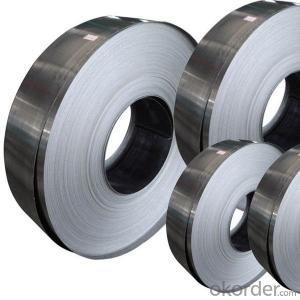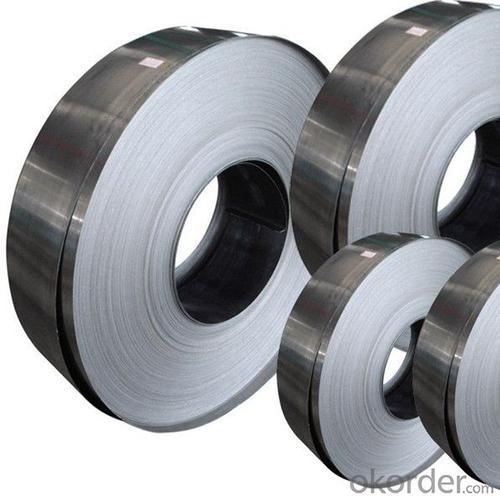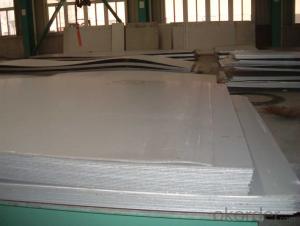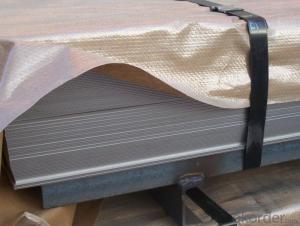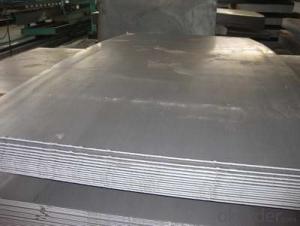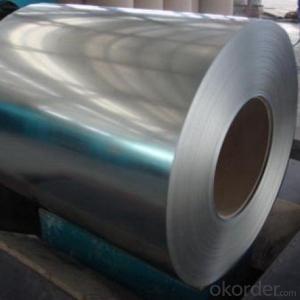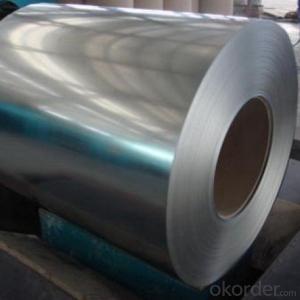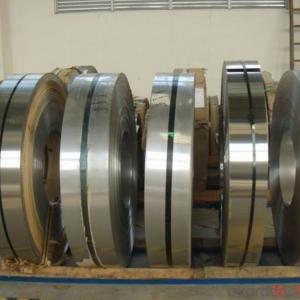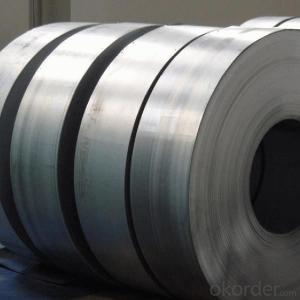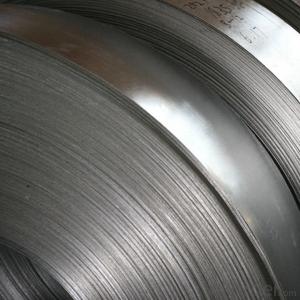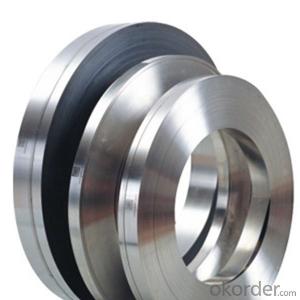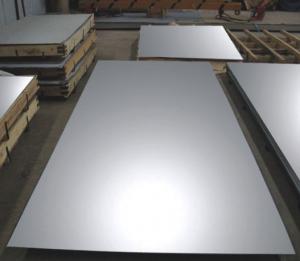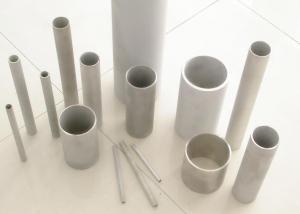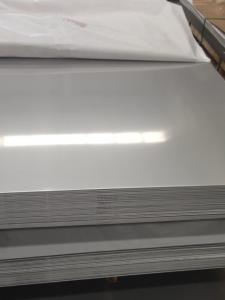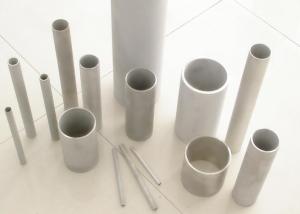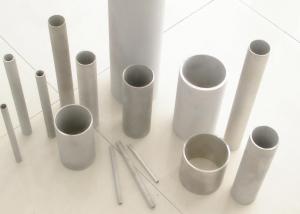Hot Rolled Stainless Steel 316L NO.1 Finish
- Loading Port:
- China main port
- Payment Terms:
- TT OR LC
- Min Order Qty:
- 18 m.t.
- Supply Capability:
- 100000 m.t./month
OKorder Service Pledge
OKorder Financial Service
You Might Also Like
Specification
Products Description for Stainless Steel
Name: stainless steel coils/plates/sheets
Discharge Port: Any Port, China
Cold Rolled Size: thickness0.3-8mm,Width:280-2100mm
Hot Rolled Size: Thickness3-14mm,Width:650-2100mm
Hot Rolled/Cold Rolled Plates : Thickness2-80mm,Width:1500-3000mm
Coil Weight: About 20 Tons
Grade: 201,202,304/304L/304H, 316/316L/316H, 409/L,430 etc.
Technique: Hot Rolled/Cold Rolled
Finish:2B, BA, 2D, No1, No2 etc
Edge: Mill Edge / Slitting Edge
Packaging: In bundles, or as customer's requirement
Place of Origin: Made in China
MOQ: 20 Tons
Payment Terms: 100% LC at sight, or 100%TT in advance
Delivery Time: With 30-40 days after deposit
Payment&Delivery
Payment Terms | 100% LC at sight,or 30%TT in advance, balance against B/L copy |
Delivery Time | With 30-40 days after deposit |
Price Terms | Ex-Work, FOB, CNF, CFR, CIF,etc |
Application of Stainless Steel Coils
(1) Boiler heat exchanger,
(2) Chemical industries,
(3) Hardware fields,
(4) Construction material,
(5) Kitchen utensils,
(6) Building construction,
(7) Medical equipment,
(8) chemical tank,
(9) pipe etc
Detail picture for Stainless Steel
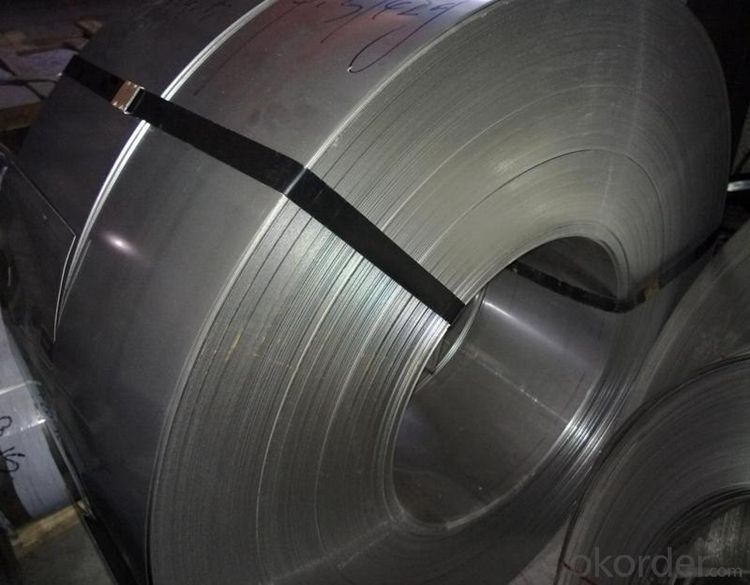
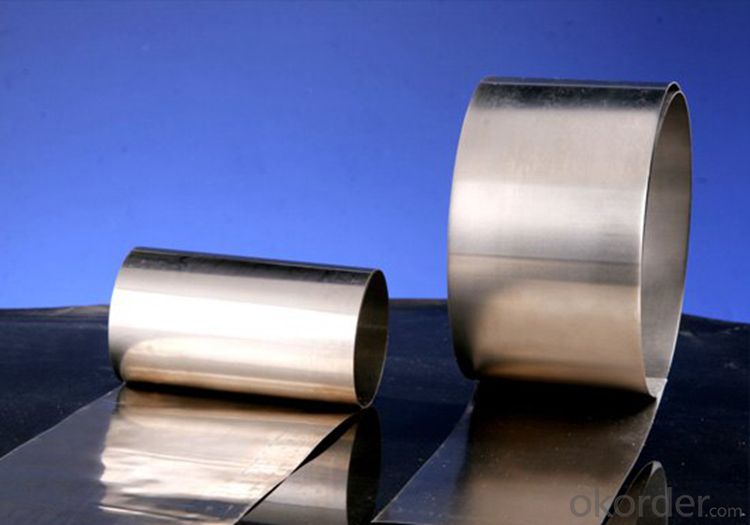
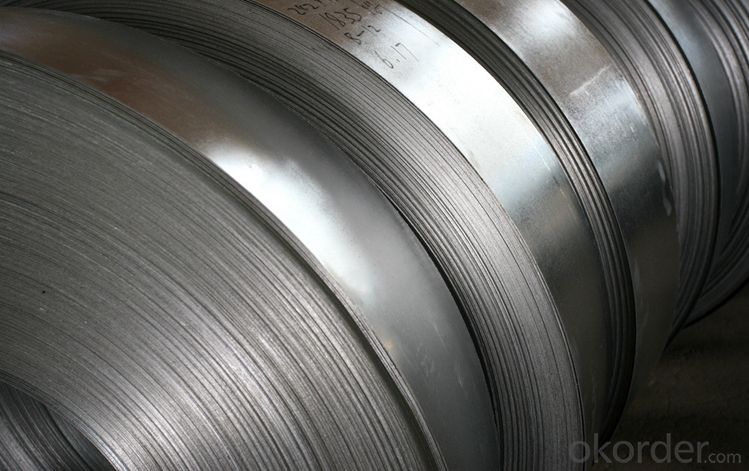
FAQ for Stainless Steel
Q: How long is the delivery time?
A: Normally 30-40 days, but mostly according to the specific requirements or the quantity
Q: Could you send me sample?
A: We can supply you with the sample for free, but the delivery charges will be covered by customers.
- Q: Can stainless steel sheets be used for power generation equipment?
- Yes, stainless steel sheets can be used for power generation equipment. Stainless steel is a highly durable and corrosion-resistant material, making it suitable for various applications in power generation, including turbine blades, heat exchangers, and electrical enclosures. Its high strength-to-weight ratio and resistance to extreme temperatures make it an ideal choice for reliable and long-lasting power generation equipment.
- Q: What are the benefits of using etched stainless steel sheets in signage?
- There are several benefits of using etched stainless steel sheets in signage. Firstly, stainless steel is highly durable and resistant to corrosion, making it suitable for outdoor applications and ensuring longevity. Secondly, the etching process allows for intricate and detailed designs, resulting in visually appealing signage. Additionally, stainless steel is easy to clean and maintain, ensuring that the signage remains in good condition. Finally, stainless steel has a professional and modern look, adding a touch of sophistication to any signage project.
- Q: How do you prevent intergranular corrosion on stainless steel sheets?
- Intergranular corrosion, which causes structural damage and reduced strength, occurs along the grain boundaries of stainless steel. To prevent this corrosion on stainless steel sheets, several steps can be taken: 1. Material Selection: To prevent intergranular corrosion, it is crucial to select the appropriate grade of stainless steel. Grades like 304L or 316L, which have low carbon content, are less susceptible to this type of corrosion due to their reduced sensitivity to sensitization. 2. Heat Treatment: One can heat treat stainless steel sheets to eliminate carbide precipitation, a common cause of intergranular corrosion. This process, known as solution annealing or sensitization heat treatment, involves heating the material to a specific temperature range and rapidly cooling it. This treatment ensures the formation of a consistent and corrosion-resistant microstructure. 3. Passivation: Passivation is a chemical process that removes contaminants and forms a protective oxide layer on the surface of stainless steel sheets. This layer acts as a barrier against corrosion and prevents intergranular attack. Typically, nitric acid or citric acid solutions are used for passivation. 4. Welding Techniques: Proper welding techniques should be employed when welding stainless steel sheets to minimize the risk of intergranular corrosion. This includes using low heat input, preventing excessive heat build-up, and using filler materials with low carbon content to prevent sensitization. 5. Avoiding Contamination: It is essential to protect stainless steel sheets from contamination by other metals, particularly those with higher galvanic potentials. Contact with carbon steel, for instance, can lead to galvanic corrosion and promote intergranular attack. Therefore, it is important to store and fabricate stainless steel sheets separately from other metals. 6. Regular Cleaning and Maintenance: Regularly cleaning and maintaining stainless steel sheets is vital to prevent the accumulation of corrosive substances or contaminants on the surface. Non-abrasive cleaners and proper cleaning methods should be used to avoid scratching the stainless steel, as scratches can create sites for corrosion initiation. By implementing these preventive measures, one can significantly reduce intergranular corrosion, ensuring the durability and performance of stainless steel sheets.
- Q: Can stainless steel sheets be used for food packaging?
- Yes, stainless steel sheets can be used for food packaging. Stainless steel is a durable and non-reactive material that does not impart any taste or odor to the food. Additionally, it provides excellent protection against moisture, oxygen, and contaminants, making it suitable for food packaging applications.
- Q: Are stainless steel sheets resistant to impact?
- Yes, stainless steel sheets are generally resistant to impact. Stainless steel is known for its high strength and durability, which allows it to withstand significant force without deforming or breaking. This makes stainless steel sheets a popular choice for applications that require resistance to impact, such as in construction, automotive, and aerospace industries. Additionally, stainless steel sheets can be further hardened or tempered to enhance their impact resistance, depending on the specific requirements of the application.
- Q: Are stainless steel sheets suitable for electrical applications?
- Stainless steel sheets, indeed, prove to be a fitting choice for electrical applications. Their exceptional electrical conductivity and resistance to corrosion have made them highly favored for electrical components and equipment. They find extensive use in the fabrication of electrical enclosures, connectors, and terminals. Moreover, stainless steel sheets possess remarkable durability and longevity in electrical applications due to their ability to endure high temperatures and exhibit commendable mechanical properties.
- Q: Are stainless steel sheets suitable for elevator doors?
- Yes, stainless steel sheets are suitable for elevator doors. Stainless steel is a durable and corrosion-resistant material that can withstand the wear and tear associated with elevator use. It also offers a sleek and modern appearance, making it a popular choice for elevator doors in various settings.
- Q: What factors affect the cost of stainless steel sheets?
- There are several factors that can affect the cost of stainless steel sheets. These include the type and grade of stainless steel, the thickness and size of the sheets, the quantity being purchased, market demand and availability, production and labor costs, and any additional processing or finishing requirements.
- Q: What is the stainless steel grid board? What areas of stainless steel mesh panels are used in?
- Stainless steel grid plate, also called stainless steel steel grid plate, the two are the same product, just name different
- Q: Can stainless steel sheets be used for elevator interiors?
- Elevator interiors can indeed incorporate stainless steel sheets. Stainless steel proves to be a favored material for elevator interiors due to its durability, aesthetic appeal, and low maintenance. Its resistance to corrosion, scratches, and stains makes it an excellent choice for heavily frequented areas such as elevators. Moreover, stainless steel sheets can be customized to meet specific elevator design requirements and are available in a range of finishes, including brushed, mirrored, or patterned, offering a sleek and contemporary appearance. Furthermore, stainless steel is effortless to clean and sanitize, a crucial consideration in public spaces like elevators where hygiene is of utmost importance. In summary, stainless steel sheets present a versatile and pragmatic solution for elevator interiors.
Send your message to us
Hot Rolled Stainless Steel 316L NO.1 Finish
- Loading Port:
- China main port
- Payment Terms:
- TT OR LC
- Min Order Qty:
- 18 m.t.
- Supply Capability:
- 100000 m.t./month
OKorder Service Pledge
OKorder Financial Service
Similar products
Hot products
Hot Searches
Related keywords
